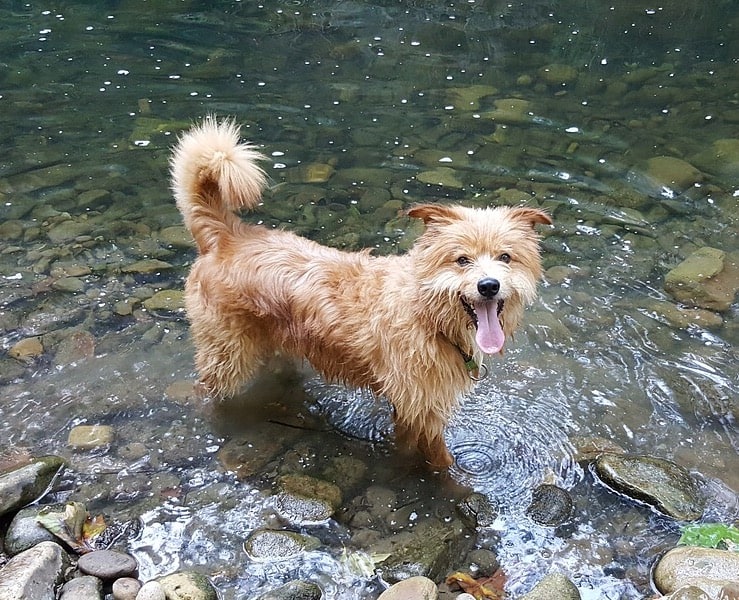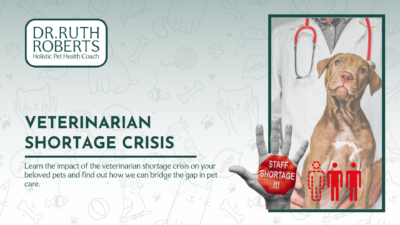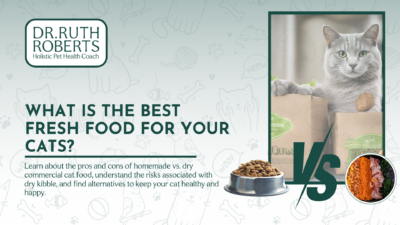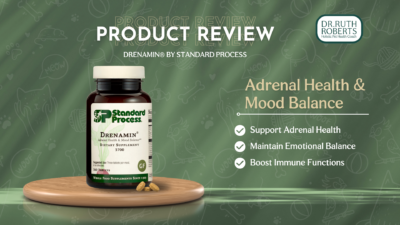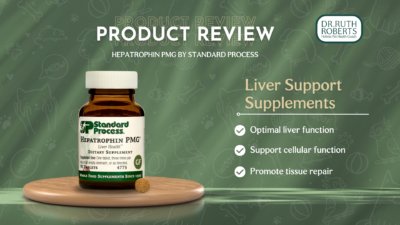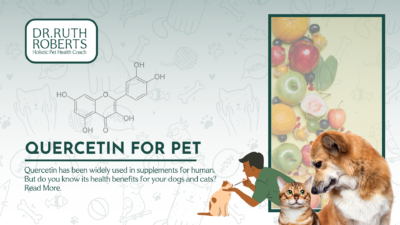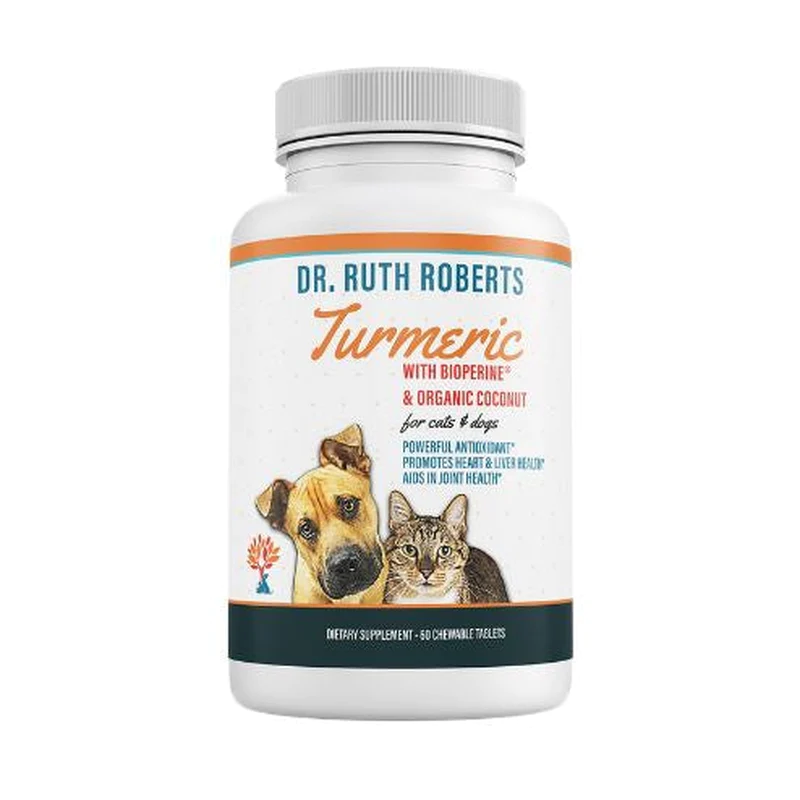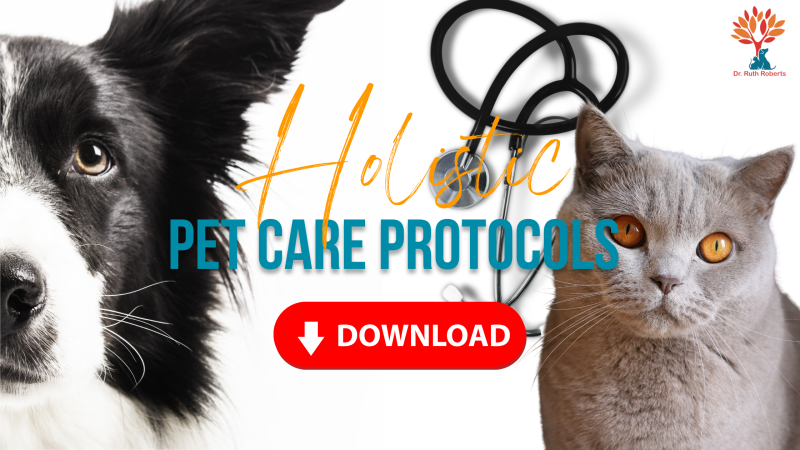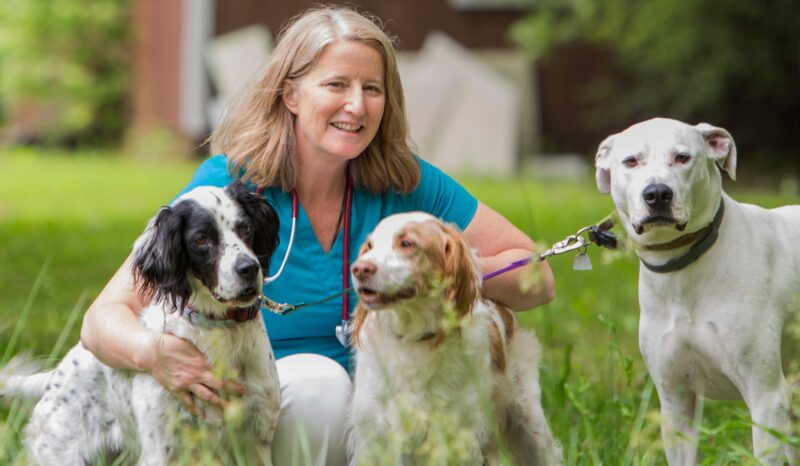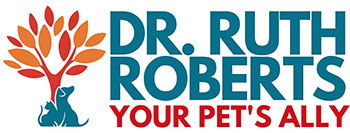As responsible pet parents, we all have to deal with occasional, necessary evils from time to time. For most pets, minimal vaccines are needed to keep them healthy and protect them against deadly diseases like rabies and parvo. Heartworm prevention also comes into play for many pets, to keep them free and clear of the dangerous, mosquito-borne affliction.

|
While vaccines and heartworm preventatives are life saving measures that protect your pet from disease, they do not come without a risk. Both of these preventative tools also bring a fair share of chemicals and toxic substances to the table. Bear in mind that the levels of these chemicals are quite low, and considered “safe” for your pet. However, even the smallest amount of a foreign substance is enough to cause a reaction, or linger longer than necessary to do its job (which poses a potential risk to your pet’s vital organs). So, if you’re wondering how to detox your dog after vaccines while protecting your pet’s body and wellbeing, here’s where my Vaccine and Heartworm Detox Protocol shines. First, prevent reactions (yes, it’s possible!)Timing and mindfulness are the keys to success here. Be aware of when your pet should receive specific vaccines,* and time them accordingly. Space each vaccine at least two weeks apart, and administer just one at a time if possible. This is helpful in knowing which, if any, vaccine may have caused a reaction in your furball. Before your pet heads to the doc for a vaccine, make sure to have Thuja for your dog after vaccination. Give your pet a dose immediately after vaccination – don’t be afraid to bring it with you to your pet’s appointment, so you can give it to them right away. Then, be sure to use it twice daily for five days. Detox and ResearchYou can support your pet’s liver and detox your dog after vaccines or heartworm prevention easily from the comfort of home. Make sure your pet is properly hydrated, and give them the supplements that are going to support their liver, and help clean out the chemicals that shouldn’t be lingering. There are many versions of heartworm prevention, and using the safest one possible is VERY important. Oral preventatives with the fewest number of ingredients are better, because they’re easier to detox with support to the liver. This medication doesn’t need to hang out for several weeks to do its job. Learn as much as you can about how any medication your pet takes works before detoxing your dog after vaccines. This is especially important in heartworm prevention. If you understand how the medication works, it will help you better understand how you can administer it safely, effectively, and at the least risk for your pet. I’ll talk to you more about this LIVE on Facebook this Wednesday. How Long Does It Take a Dog to Detox?For those wondering how long it takes a dog to detox, it really depends on your pet. Some may feel better immediately while others may take a few hours or a few days to spring back to their normal behavior. The important thing is to give your dog the support they need during this time by keeping them properly hydrated and comfortable during the detox process. Having detox medications on hand and administering them to your dog will help reduce any adverse effects from the vaccine or medication, though if things escalate you should consider visiting a vet for a full diagnosis.How Can I Help My Dog After Shots?If your pet experiences a reaction to a vaccine or medication, it’s important to get them back to your vet right away. Vomiting, severe lethargy or seizures are all possible and potentially life-threatening reactions to vaccines, and usually occur within minutes, making it important to give thuja to your dog after vaccination (which will help reduce the severity of a reaction if it happens). If you notice any of these symptoms on the way home, turn around and drive straight back to the office. Some pets have less severe physical reactions to vaccines, including swelling, redness or warmth at the injection site. Reactions to medications often include vomiting or diarrhea, loss of appetite, or lethargy. Other pets may experience behavioral changes after vaccination or medication administration. If this happens to your pet, the best thing to do is to reset their immune system, stat. This will help their body fight off the offending toxins quickly, and eliminate the invaders that are causing the issues. |
*Which Vaccines Does My Pet REALLY Need?
In Conventional Veterinary Medicine, Core vaccines are the ones that are considered necessary to all dogs and cats, regardless of their location or lifestyle (pets with serious illnesses or disease fall into another category all together in regard to vaccines). For the vast majority of pets, rabies and distemper are always considered core vaccines. Parvo is also a core vaccine for dogs, and canine parainfluenza also tends to fall into that category.
Your pup or kitten should receive their first core vaccines by the time they are 12 -16 weeks old, for 1 – 2 vaccines. Both dogs and cats need rabies vaccines (ideally at 14 weeks old), and pups need distemper and parvo vaccines, while kitties should have a feline distemper vaccine administered. In one year, your pet will need these core vaccines boostered, to ensure proper and long-lasting protection.
After Fido has received his adult boosters, you should use titers whenever possible (a test that measures the amount of protective antibody in the blood). These vaccines provide coverage for several years, and generally do not need to be administered every year to keep your pet safe. If they’re done properly within the first year of life, your pet will be much better off.
Other vaccines, like leptospirosis or bordatella, for example, may not be needed for your pet. If you live in an area where a specific disease or illness is common (ask your vet), and your pet goes out into shared spaces regularly, you might reconsider. Kennels, parks and other places where people often bring their furry friends along, can be hot spots for the transmission of illness. So, be mindful of your lifestyle, and how that may affect your pet’s risk for exposure. Check out my Youtube channel for other videos I have done on vaccines.

